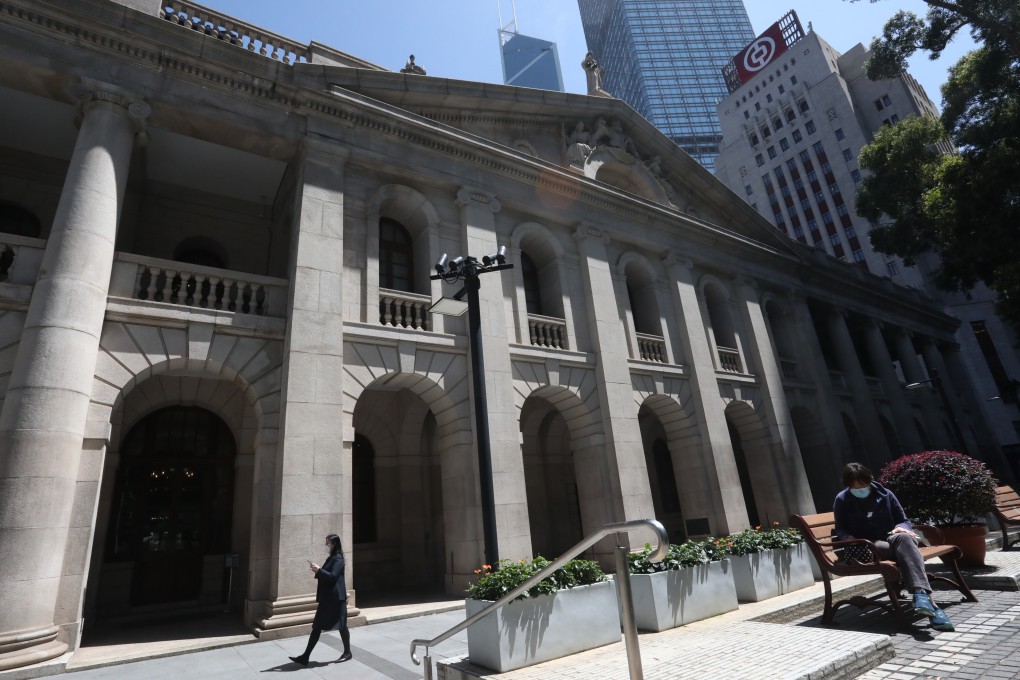Letters | If Hong Kong must have foreign judges, at least look beyond Britain and its former white settler colonies
- Readers discuss the need for a more diverse judiciary in Hong Kong and the role British judges have played in the Court of Final Appeal

For those who do not know, the Court of Final Appeal comprises judges from Hong Kong as well as foreign judges. Few other jurisdictions in the world would so much as entertain the idea of foreigners ruling in the highest court. The idea was to fill the bench with experts from other common law jurisdictions to uphold the judicial tradition.
The problem is this is not so much a common law institution as it is a remnant of British imperialism. Only four countries have ever had judges appointed to the Court of Final Appeal – Britain, Australia, Canada and New Zealand. More than 25 jurisdictions in the world practise common law, and yet the only nations that have ever been invited to send judges are the former white settler colonies or Britain itself.
Even the appointments from countries like the UK and Australia have been far too homogenous. Nearly all of the appointees have been “old white men”, a term used during my time in law school to describe the lack of gender and racial diversity in the courts. Not one person of colour has been appointed from any foreign jurisdiction, even though we have no shortage of brilliant lawyers and justices of African, South Asian and Aboriginal descent all throughout the Commonwealth.
